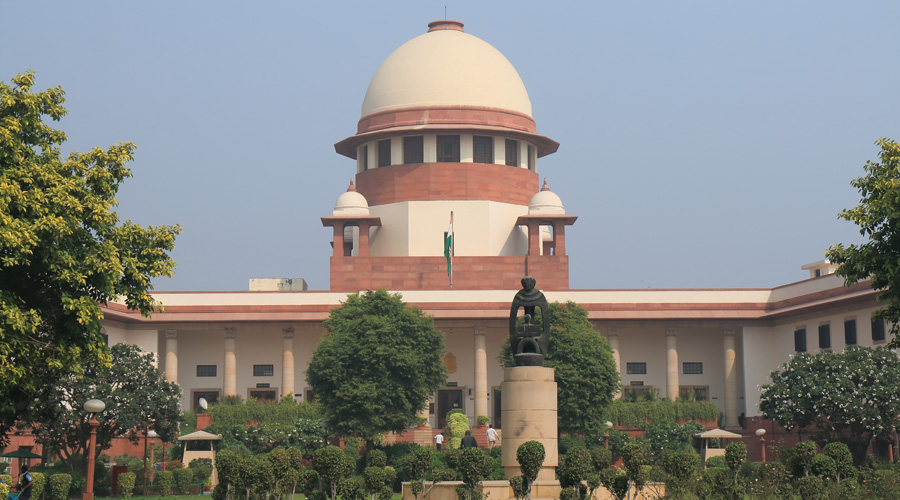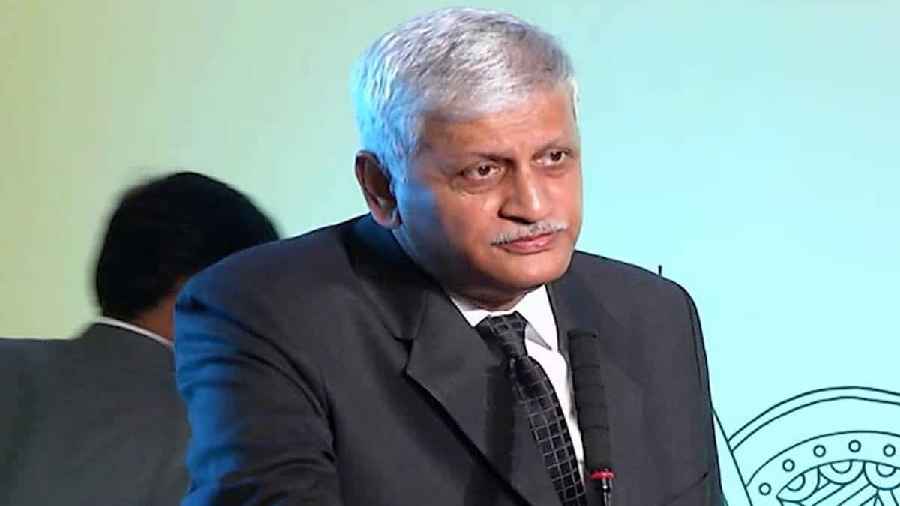The over 200 petitions challenging the Citizenship Amendment Act, pending since 2019, remained unheard in the Supreme Court on Tuesday too and were adjourned at least till January.
The CAA fast-tracks Indian citizenship for asylum seekers from Pakistan, Bangladesh and Afghanistan who arrived before December 31, 2014, but leaves out the Muslims among them.
The batch of 230-odd petitions, almost all challenging the CAA as discriminatory and unconstitutional, had been frozen since early 2020 because of Covid but was resurrected in September this year.
Listed for September 12, the matter was adjourned to September 19 and then to October 31 when, after a brief hearing on the modalities, it was posted to December 6. But the case did not come up even for customary reference because of the heavy caseload before the bench of Chief Justice of India D.Y. Chandrachud and Justice P.S. Narasimha.
For the 700-odd advocates representing the petitioners, most of them present since morning, the agonising wait was prolonged further when the court rose for the day around 3.25pm, having heard only 30 of the 60-odd listed cases.
The CAA case was listed as Item No. 45 in Court No. 1. Justice Chandrachud announced that the remaining matters would be “spread over” January next year, that is, after the apex reopens following a two-week winter vacation from December 19.
Justice Chandrachud, who took over as CJI on November 9, had earlier announced that every Supreme Court bench would each day take up 10 transfer petitions and 10 bail applications, emphasising the importance of bail to citizens’ right to life and liberty.
On Tuesday, too, the CJI’s court had to deal with 10 petitions for transfer of matrimonial disputes from one state to another. It also heard 10 bail pleas.
“These matters can be taken up by other benches so that the CJI’s bench can hear important matters relating to interpretation of the Constitution or substantial questions of law,” a senior lawyer said, requesting anonymity.
The CJI also has an enormous load of administrative tasks to handle apart from attending key meetings with judges as well as seminars and workshops. The CJI’s court has been unable to take up many listed matters over the past few days.
Every day, the court has had to deal with some 60-70 cases relating to “mentioning” of urgent matters before the start of the day’s proceedings.
This consumes the first hour and the day’s regular work at Court No. 1 usually starts around 11.30am, when it has to hear the mandatory 20 bail and transfer pleas.
When the bench, which breaks for lunch between 1pm and 2pm, rises for the day around 4pm, some 20 to 25 matters remain unheard and get postponed.
A known workaholic, Justice Chandrachud had earlier set a record in the Supreme Court by conducting proceedings till 9pm on September 30 to dispose of around 72 cases in a single day.
The CAA has been criticised as discriminatory by civil liberties activists and Opposition parties. It has also fuelled fears that together with the proposed update of the National Register of Citizens (NRC), it could pave the way for many Muslims being deprived of citizenship.
These fears had prompted countrywide sit-ins, largely led by ordinary Muslim women, from December 2019 till March 2020, when Covid struck.
When the CAA case was last heard on October 31, the bench included then Chief Justice U.U. Lalit and Justices S. Ravindra Bhat and Bela Trivedi.
The matter was adjourned till December 6 on a request from solicitor-general Tushar Mehta to enable the Assam and Tripura governments to file their counter-affidavits.
Justice Lalit said the petition filed by the Indian Union Muslim League challenging the amendment could be taken as the “lead matter”, forming the foundation for the case.
Some of the petitions have challenged not just the CAA but also any exercise relating to the NRC and the National Population Register.
After the apex court issued notices to the Centre in 2019 on the initial petitions, several organisations like the All Assam Students Union (Aasu), Muslim Students Federation (Assam) and the Tamil Nadu Thoweed Jamath too had challenged the amendments.
While most petitioners object to the CAA excluding Muslims, Aasu’s grouse is against the grant of citizenship to illegal migrants per se.
It says the CAA violates the Assam Accord of 1985, which bars the grant of citizenship to illegal migrants entering the state after March 25, 1971.
The Centre had in an affidavit on March 17, 2020, said the amendment “does not impinge upon any existing right”.












